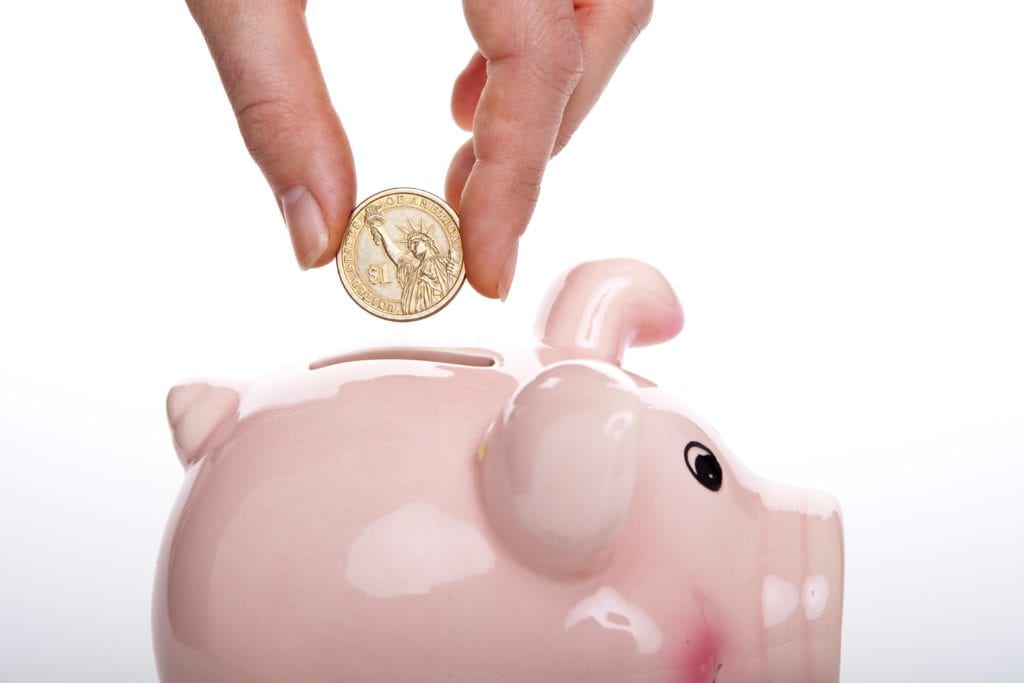Money Talk: Check Out 15 Money Idioms to Talk about Cash
It doesn’t matter if you have just started studying English or if you have been studying it for a while now…you have probably heard about idioms (and maybe even struggled to understand them). Today we will teach you what an idiom is, explore the difference between idioms and phrasal verbs, and review 15 money idioms that will help you talk about money like a native.
Review: What are idioms in English?
Most English students have questions about idioms. It is common to hear people say that studying them is important (and it is!), but before diving into the world of idioms we must understand what they are.
All languages have idioms. Native speakers use them all the time without ever thinking about their meanings. Idioms are groups of words. Those groups together mean something different than what those words mean separately. They have a lot to do with the culture of the people who use it and that’s why we can’t always translate them. Sometimes, even if we can’t translate it, it is possible to have an equivalence in another language.
For instance, while English speakers say “It is raining cats and dogs!” to say that it is raining a lot, Brazilian Portuguese speakers will say “Está chovendo canivete!”, which literally means “It is raining pocket knives!”. You probably have some equivalent expression to that in your native language, don’t you?
Some examples of idioms that you have probably heard before are:
The test was a piece of cake!
A piece of cake = something that it is very easy
No, I can’t afford that. It costs an arm and a leg!
To cost an arm and a leg = something that it is a very expensive
I’m so tired. Let’s call it a day, shall we?
Call it a day = stop working on something
Are phrasal verbs and idioms the same thing?
Phrasal verbs are widely used in English. One could think phrasal verbs and idioms are the same thing, but they aren’t. Let’s explore the difference between a phrasal verb and an idiom.
A phrasal verb is a combination of a verb (a word used to describe an action or state) and a particle, which can be either a preposition or an adverb. The meaning of the combination of both words is different from what the words mean separately.
In summary, the difference between phrasal verbs and idioms is that an idiom is a group of words that together mean something different while a phrasal verb is the combination of a verb and a preposition or adverb that also means something different than what the words used in the phrasal verb often mean.
Phrasal Verb = Verb + particle (preposition or adverb)
Idioms = Group of words which have a meaning that is different from each word’s individual meaning
Examples of phrasal verbs:
- Catch up = to reach the same quality or standard as someone or something else;
- Hold on = used to tell someone to wait for a short time;
- Calm down = to stop feeling upset, angry, or excited, or to stop someone feeling this way.
Learn 15 English idioms about money
Money. We all need it, we all want it. Even though we think and talk about money at all times, in some cultures people don’t talk openly about money. Because of that, idioms can come in handy whenever we want to discuss money (or the lack of it). We will teach you some of them so that you can have conversations about your finances like a native speaker. Take a look at this list of money idioms.
1. break the bank
This English idiom is a verb phrase that means something costs too much money.
Example: That phone is very expensive. It will break the bank.
2. bring home the bacon
This idioms functions as a verb, and it means to earn money for a family to live on.
Example: She needs to work. Someone has to bring home the bacon.

3. bread and butter
This English idiom phrase means a job that provides someone with the money they need to live.
Example: I can’t miss work again. It’s my bread and butter.
4. money doesn’t grow on trees
This phrase is an idiom that serves to warn someone that money is a limited resource and it shouldn’t be spent in a careless manner.
Example: Mary, turn off the lights when you leave your room. I have to pay the light bill and money doesn’t grow on trees, you know!
5. money talks

This is an expression used to talk about rich people or organizations that can’t get whatever they want because they have money.
Example: In order to do well here, you need to be rich. Money talks around this place.
6. pick up the tab
This English idioms functions as a verb and it means to pay for something, especially something someone else has used or bought.
Example: My boss will pick up the tab for lunch.
7. time is money
This idiom is used to remember you shouldn’t waste time because whenever you do it you are missing the opportunity to earn money.
Example: Get off the couch, Tom! Time is money!
8. a penny saved is a penny earned
This English idiom is an expression that means it is wise to save money.
Example: You should always put some money aside. My dad always says that a penny saved is a penny earned.
9. born with a silver spoon in your mouth
This expression (used with a form of the verb to be) means to be born to a rich family. Usually people who are born with a silver spoon in their mouth have everything they want.
Example: Sue’s parents give her everything she wants. She was born with a silver spoon in her mouth.
10. daylight robbery
This English idiom about money means that something is really expensive. It refers to an exorbitant fee for a product or service.
Example: The prices here are daylight robbery.
11. fast buck (quick buck)
These expressions refers to money made easily or quickly.
Example: You can make a fast buck by selling hot dogs.
12. flat broke
This phrase means you don’t have any money at all.
Example: Three years have passed since John had a job. He is flat broke.
13. go dutch
This English idiom functions as a verb and it means to share the cost of something, usually a meal, with somebody.
Example: We went dutch last night. Dinner cost $20 each.
14. live from hand to mouth
This idiom also serves as a verb and it means to have just enough money to live on, to have no money to spare.
Example: Jenna had to live from hand to mouth until the end of the year.
15. save for a rainy day
This English idiom means to save money for a time when it might be needed.
Example: Luckily, Will had saved for a rainy day.

Practice using the money idioms in English
Do you remember the 15 English idioms about money? Test yourself with this activity.
Money is a big part of someone’s life. Now you are ready to talk about it in English using money idioms. I’m sure you will use the idioms about saving money quite often — I know I do. Happy studying, guys!

